Hill Continues the Big Tech CEO Punishment
Storyline is familiar, but Capitol insurrection appears to add new urgency
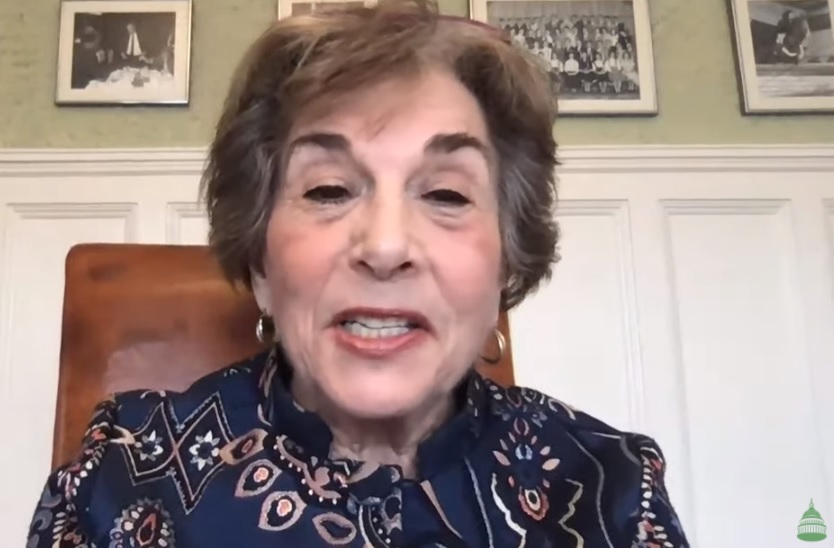
The smarter way to stay on top of the multichannel video marketplace. Sign up below.
You are now subscribed
Your newsletter sign-up was successful
CEOs from Facebook, Google and Twitter took their licks Thursday from both sides of the aisle in a Hill hearing entitled "Disinformation Nation: Social Media's Role in Promoting Extremism and Misinformation."
Also Read: Mark Zuckerberg: Sec. 230 Shield Should Be Tied to Misinformation Mitigation Regime
Rep. Jan Schakowsky (D-Ill.), chair of the Consumer Protection Subcommittee, said that the one thing that the CEOs needed to take away from the hearing wa that the era of self-regulation was over and that regulations and legislation would be coming.
There is a Funhouse VR game where online dolls are knocked back on their heels and moles whacked back in their holes. The virtual hearing--a joint hearing of the Communications and Consumer Protection Subcommittees, felt a little like that, though it also felt like a lot of the same sabers rattled at the same perceived enemy. But it was the first time those rhetorical swords had been brandished since the Capitol, and the lives of legislators, was threatened by an angry mob, something clearly on the minds of subcommittee members.
Facebook CEO Mark Zuckerberg, Google CEO Sundar Pichai and Twitter CEO Jack Dorsey, accompanies by counsel, took withering fire. They were accused of not being good stewards of their platforms and of hosting dangerous content despite avowed efforts to weed it out.
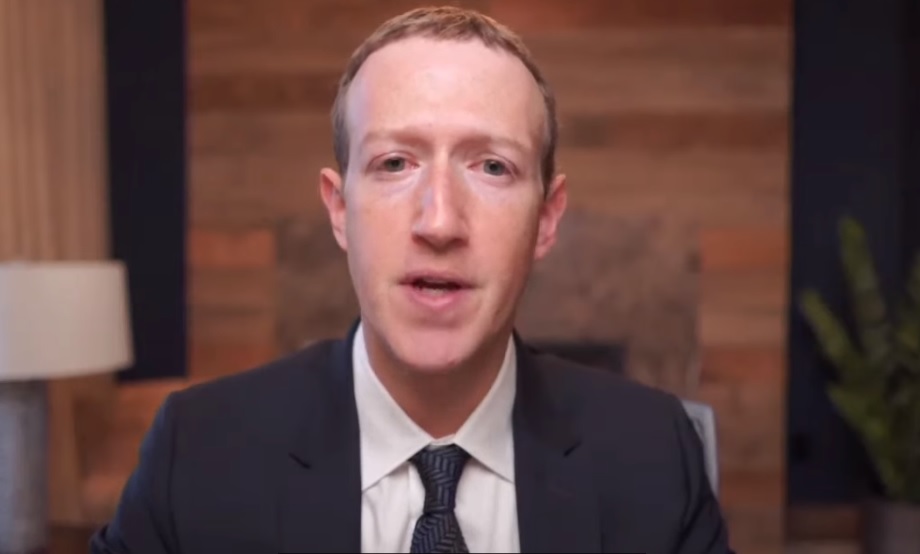
House Communications Subcommittee Chairman Mike Doyle (D-Pa.) pointed out that it was the first time the CEO's had appeared in Washington since the Jan. 6 Capitol insurrection, which was clearly on the minds of many legislators who hold social media platforms responsible for helping the insurrectionists spread their message and organize their actions.
Also Read: Rep. Cicciline Says Big Tech Power Will Be Curbed
The smarter way to stay on top of the multichannel video marketplace. Sign up below.
Asked by Doyle--who said he wanted only a "yes" or "no" answer--whether they took some responsibility for enabling the recruitment, planning and execution of the Capitol insurrection, only Dorsey said a qualified yes, while Zuckerberg and Pichai signaled the answer was more complicated.
Pressed for an answer, Zuckerberg said the responsibility lay with people who conducted the insurrection and spread the information, the latter which included President Trump.
Schakowsky also tried, and failed, to get Zuckerberg to say his platform had some responsibility.
The hearing was only the latest volley of criticisms from legislators concerned about everything from antitrust issues to privacy to hosting hate speech and extremism to COVID-19 and election disinformation to online ad dominance to censorship.
Doyle said the CEOs' platforms continued to host misinformation and disinformation, and that had failed their users and the country, despite claims of fixes and reforms. "You could fix this, but you choose not to," he said. "You are picking engagement and profit over the health and safety," to the detriment of its users, the nation and "our democracy." "We will legislate to stop this," he said.
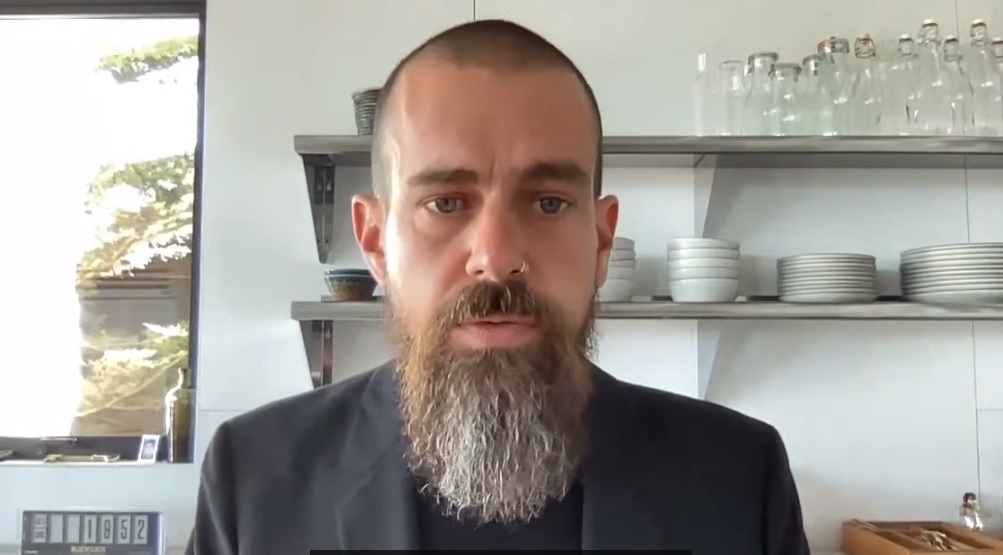
Communications Subcommittee ranking member Bob Latta (R-Ohio), hammered the CEOs over bias and conservative censorship. He said they were using their Sec. 230 immunity from civil liability over most third-party content as shield from the real world consequences of their actions. He said the definition of "good faith moderation" that Sec.230 protects apparently includes censorship, which should not be the case.
Schakowsky said the platforms, which she called hotbeds of disinformation, must be held accountable when they incite violence and hatred, and for rampant election and COVID-19 disinformation. She also said she would be introducing the Online Consumer Protection Act, which would not extend Sec. 230 liability protection for those who violate consumer protection laws.
Calling Big Tech "destructive," Rep. Cahty McMorris Rodgers, ranking member of Energy & Commerce said: “10 years ago—when I joined Big Tech platforms—I thought they would be a force for good. I thought they would help us build relationships and promote transparency in Congress. I can testify today, I was wrong. That is not what has transpired. You’ve broken my trust. Yes, because you've failed to promote the battle of ideas and free speech. Yes, because you censor political viewpoints you disagree with. Those polarizing actions matter for democracy."
Zuckerberg, who supports tweaking Sec. 230, warned against overregulating: "I don't think you want a world where you can only say things that private companies judge to be true, where every text message, e-mail video and post has to be fact-checked," he told the legislators.
Legislators repeatedly cut off responses from the CEOs when they did not provide yes or no answers, suggesting they were being nonresponsive. At times, it left the impression that the legislators were not looking for nuanced answers and also that they were clearly not happy with their witnesses.
Rep. Frank Pallone (D-N.J) said that the CEO's gave the impression in their opening statements that they didn't think they are actively promoting disinformation and extremism and that he totally disagreed, saying they are not passive bystanders. "When you promote and amplify" disinformation and dangerous consequences, he says, "you make more money."
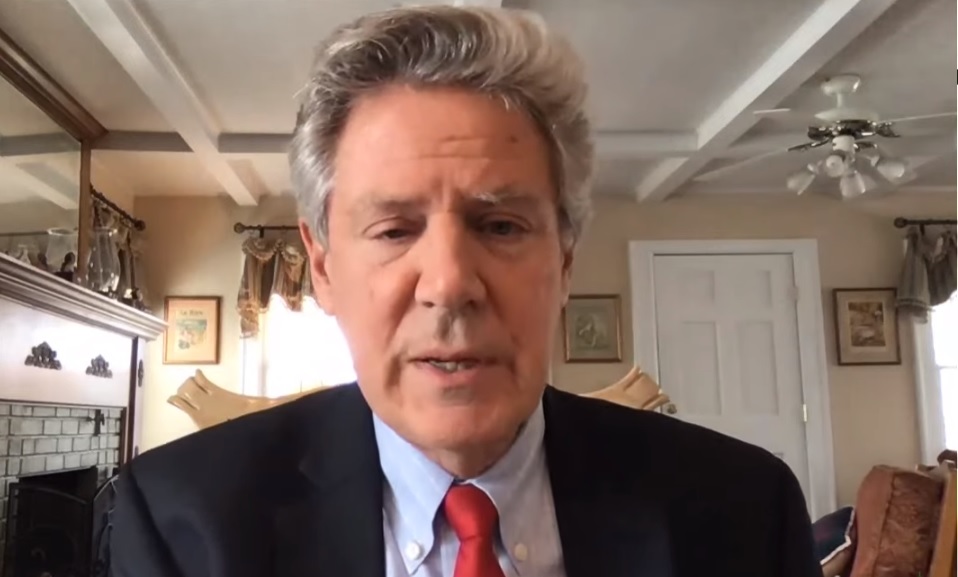
Pallone said that was why Congress has to act.
An obviously angry Rep. Bobby Rush (D-Ill) said that the CEOs had put earnings before equality, and profits before people. He said their companies were profiting from hate and racism. He had asked Dorsey for a diversity audit back in 2018,whcih
Dorsey had committed to, but the CEO said Thursday that Twitter had decided to go in a different direction. Rush was not pleased.
"There is only one comparison that remotely approaches the avarice and moral discrepancy of your companies, and that is the slavetocracy burden of our nation’s shameful and inhumane and most difficult, dark days in the past," Rush said.
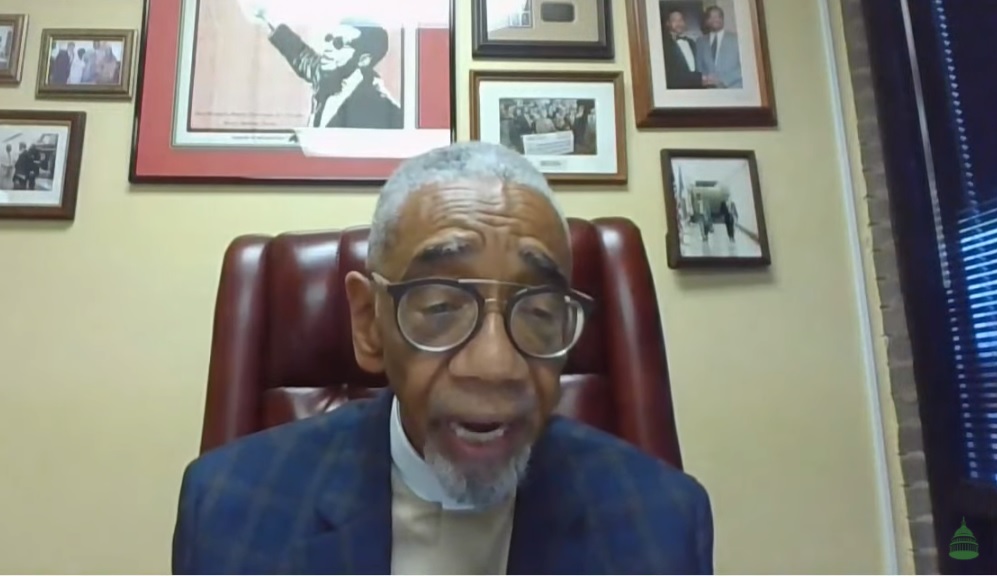
Rep. G.K. Butterfieldd (D-N.C.) said that the CEO's platforms had weaponized racism and that perhaps the lack of diversity in their own organizations has been a contributing factor. "You have talked the talk but failed to walk the walk," he said.
Rep Fred Upton (R-Mich.) summed up the hearing with some effective understatement by saying both sides of the aisle "were not happy," and added he thought there were going to see some changes in Sec. 230. "My sense is we may see something in the near future," he said, pointing out there were Sec. 230 bills percolating in the Senate.
Ben Sperry, associate director of legal research at the International Center for Law and Economics thinks there is not much Congress can do in the space that won't run afoul of Constitutional speech protections.
"The misinformation that the government can regulate is limited to situations like fraud or defamation, while the hate speech it can regulate is limited to true threats and incitement," Sperry says. A narrowly tailored law that looked to address those specific categories may or may not be a good idea, but it would likely survive First Amendment scrutiny, and may even prove a productive line of discussion with the tech CEOs."
Contributing editor John Eggerton has been an editor and/or writer on media regulation, legislation and policy for over four decades, including covering the FCC, FTC, Congress, the major media trade associations, and the federal courts. In addition to Multichannel News and Broadcasting + Cable, his work has appeared in Radio World, TV Technology, TV Fax, This Week in Consumer Electronics, Variety and the Encyclopedia Britannica.

